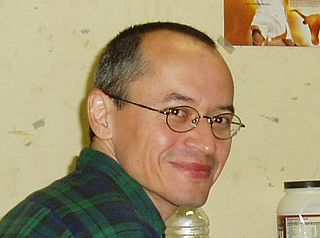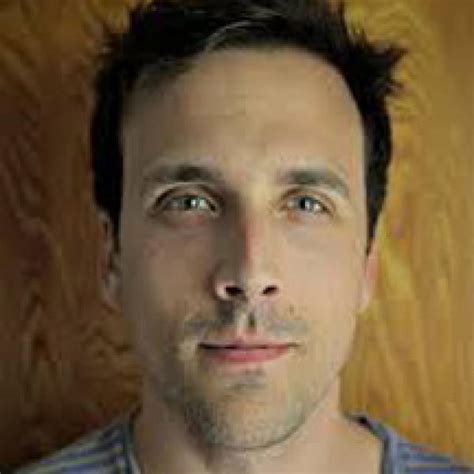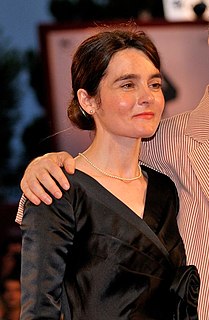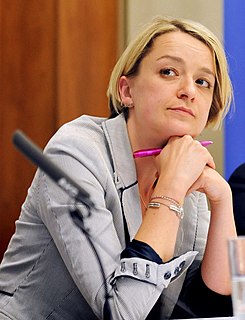A Quote by Joe Sacco
I think any journalist who spends time in a place realizes that there are lots of stories around beyond their primary story. You meet so many interesting people and have all kinds of experiences.
Related Quotes
In this business, my business, I get to meet all kinds of incredible people, fascinating people, glamorous people and sexy people and highly intellectual people. And you meet them and you go 'interesting, interesting, interesting'. They're interesting, but not very many people stop you in your tracks.
I've worked in the movie business for many, many years, where you have lots of days and lots of money. It's really mainly about time. We always try to conceive all of our action from a place of, "What can we shoot that looks fantastic?," rather than trying to do the kinds of thing that you would be able to accomplish in a movie.
Is any job safe? I was hoping to say 'journalist,' but researchers are already developing algorithms that can gather facts and write a news story. Which means that a few years from now, a robot could be writing this column. And who will read it? Well, there might be a lot of us hanging around with lots of free time on our hands.
I regret that there aren't more short stories in other magazines. But in a certain way, I think the disappearance of the short-story template from everyone's head can be freeing. Partly because there's no mass market for stories, the form is up for grabs. It can be many, many things. So the anthology is very much intended for students, but I think we're all in the position of writing students now. Very few people are going around with a day-to-day engagement with the short story.
I spend plenty of time in London and it doesn't scare me, but it's a lonely place, even if you've got friends there. My job takes me all around the world, meeting lots of interesting people. But I think if I couldn't get home, if I couldn't get back to what I consider my real life I'd be frightened.
I think television has become such an interesting place for characters and for incredible storytelling. Half of what I watch are television shows that I've become obsessed with. I just think that it's opened up so much, to be such an interesting and creative medium, and so many wonderful directors and actors are moving to television because it is a great medium for telling stories and for creating a character over a long period of time.
Many flagship state universities have wonderful digital libraries that are accessed by people around the world. In future, if not current, budget crises, trustees, board members, and administrators may wonder why these state institutions - with an articulated primary clientele of students, faculty, and staff members and a secondary clientele of all citizens of the state - should be spending resources on a digital library that is used by many people beyond the primary and secondary service populations.
People who take books on sex to bed become frigid. You get self-conscious. You can't think a story. You can't think, "I shall do a story to improve mankind." Well, it's nonsense. All the great stories, all the really worthwhile plays, are emotional experiences. If you have to ask yourself whether or not you love a girl or you love a boy, forget it. You don't. A story is the same way. You either feel a story and need to write it, or you better not write it.
Humans are kind of story-propagating creatures. If you think of how we spend our days, think of all the time you spend on entertainment. How much of your entertainment centers around stories? Most pieces of music tell stories. Even hanging out with your friends, you talk, you tell stories to each other. They're all stories. We live in stories.

































